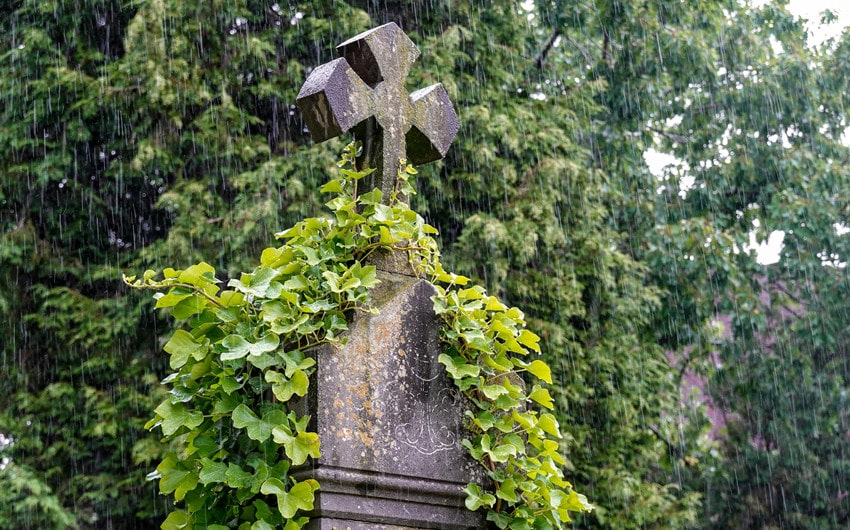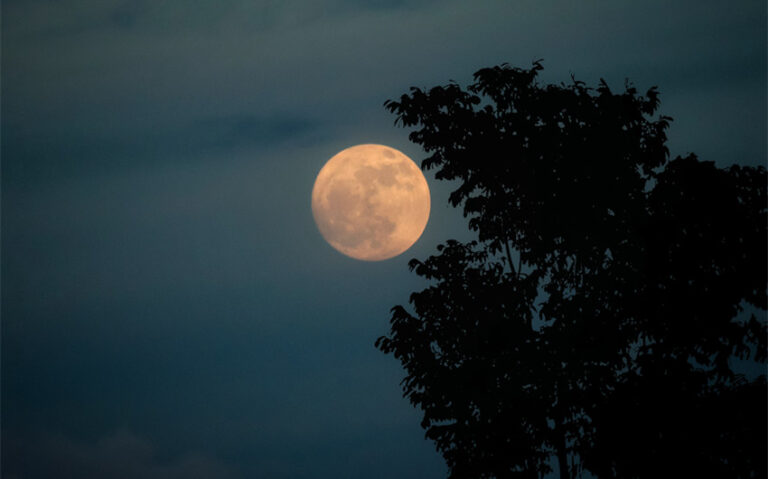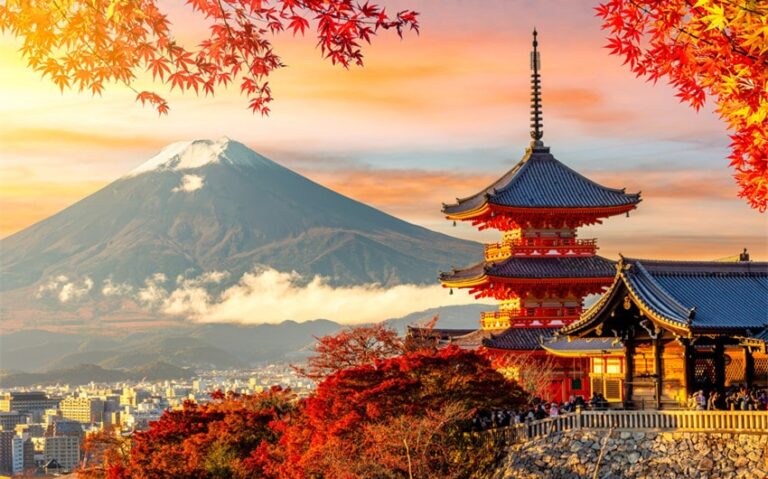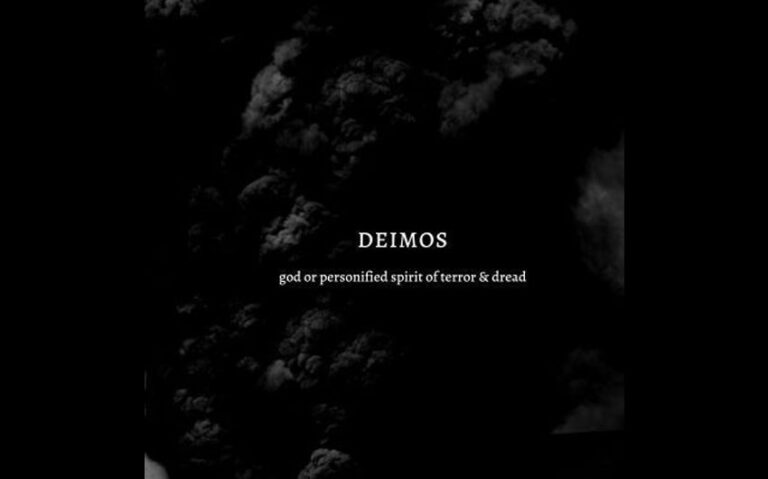What Does It Mean When It Rains After Someone Dies?
Rain falling after someone passes away can feel like more than just a coincidence. Many people see it as a sign—of sorrow from the heavens, a farewell from the departed, or a cleansing of the soul’s journey. Across different cultures and beliefs, it is often viewed as a meaningful event, bringing comfort to grieving hearts.
So, what does it mean when it rains after someone dies? Some believe it’s nature’s way of mourning, while others see it as a symbol of renewal, reminding us that life continues even after loss.
Common Symbolic and Spiritual Interpretations of Rain After Death

Rain after someone passes away has long been seen as more than just a weather event. Many people find deep meaning in it, believing it to be a sign from beyond. While interpretations vary, here are some of the most common symbolic and spiritual meanings associated with rain following a death.
1. Cleansing and Renewal
Rain is often associated with washing away the old and bringing in the new. In nature, it purifies the earth, nourishes the soil, and allows fresh life to grow. Spiritually, this idea extends to death, where rain is seen as a sign of cleansing—both for the soul of the departed and for those grieving their loss.
Some believe that when it rains after someone dies, it symbolizes the soul’s transition, washing away worldly burdens and preparing them for their next journey, whether it be an afterlife, reincarnation, or eternal rest.
For the living, rain can also represent emotional cleansing. Grief can be overwhelming, like a storm, but just as rain eventually clears, so too does sorrow begin to ease with time. The sight of rain falling after a loved one’s passing can serve as a reminder that healing is possible, and though loss leaves a void, renewal and new beginnings will come in time.
2. Heaven’s Tears
One of the most widely held beliefs is that rain after death represents the heavens crying for the departed. This idea is found across many cultures and religious traditions, where rain is thought to be an expression of divine sorrow. Just as humans mourn the loss of someone dear, the spiritual world is believed to grieve as well, and rain is seen as an outward manifestation of this mourning.
In Christianity, for example, some people interpret rain as God’s way of showing compassion, recognizing the pain of loss and offering comfort to the grieving. Similarly, in various folk beliefs, it is thought that rain signifies that angels or ancestral spirits are lamenting alongside those who remain on earth.
This interpretation can bring comfort to those in mourning, making them feel as though their loved one’s passing is acknowledged not just by those left behind but by forces beyond human understanding.
3. A Sign from the Departed
For many, rain after a loved one’s passing is seen as more than just a natural event—it is a personal message from the deceased. Some believe it is their way of saying goodbye, letting their presence be felt one last time before moving on. Others see it as a reassurance that their loved one is at peace and still watching over them.
Many people have stories of rain falling at significant moments—just after receiving news of a death, during funerals, or even on anniversaries of passing. These experiences are often interpreted as signs of connection, as if the departed are communicating through nature. Some also believe that the intensity of the rain carries meaning: a gentle drizzle may symbolize a peaceful passing, while a sudden downpour could be seen as an emotional farewell.
Rain can also serve as a reminder of love that transcends death. For those who believe their loved one’s spirit remains close, the touch of raindrops can feel like a sign of their presence—a subtle yet powerful way to reassure the living that they are not truly gone.
Cultural and Religious Perspectives

Throughout history, rain has held deep symbolic significance in many cultures and religions. When it falls after someone passes away, different traditions interpret it in unique ways—sometimes as a sign of mourning, other times as a blessing or transition. These perspectives shape how people view and find meaning in rain during moments of loss.
1. Christianity – A Sign of Divine Mercy and Transition
In Christianity, rain is often associated with God’s mercy, renewal, and spiritual cleansing. Many Christians believe that when it rains after a loved one’s passing, it signifies God’s presence, offering comfort and grace to both the deceased and those in mourning. Rain is frequently mentioned in the Bible as a sign of God’s blessings, nourishment, and purification.
Some Christians see rain after a death as a sign that the soul is being welcomed into heaven, washed of earthly sins, and embraced by divine love. Others interpret it as a way for God to express sorrow, mourning alongside those who grieve. Additionally, rain during a funeral is sometimes seen as a reminder of resurrection and eternal life, symbolizing the soul’s transition to a new existence in the presence of God.
2. Hinduism and Buddhism – Water as a Spiritual Purifier
In Hindu and Buddhist traditions, water plays a vital role in spiritual purification, renewal, and the cycle of life and death. Rain after a death is often seen as a sacred occurrence, symbolizing the cleansing of the soul as it moves toward its next stage—whether that be rebirth, liberation (moksha), or enlightenment.
In Hindu rituals, water is used in various ceremonies to honor the deceased, purify the soul, and guide it on its journey. Some believe that rain after a loved one’s passing is a divine signal that the soul is being purified and prepared for its next incarnation.
Similarly, in Buddhism, water represents impermanence and the constant flow of life. Rain may be interpreted as a reminder that life and death are part of an ongoing cycle, and that all beings are connected through the natural world.
3. Indigenous Beliefs – A Natural Response to a Soul’s Passing
Many Indigenous cultures around the world hold deep spiritual connections with nature, believing that natural events like rain, wind, and storms carry messages from the spirit world. Rain after death is often seen as a sign that the earth and sky are responding to the transition of a soul.
Some Native American tribes, for example, believe that rain after someone dies is a message from ancestors, acknowledging the passing of a new spirit into their realm. It is sometimes viewed as a cleansing ritual performed by nature itself, allowing the spirit to move on peacefully.
In certain African and Aboriginal traditions, rain can also be interpreted as a sign of blessing, indicating that the deceased has completed their earthly journey and is now in harmony with the spiritual world.
4. Chinese and East Asian Beliefs – A Sign of the Ancestors’ Presence
In Chinese culture and other East Asian traditions, ancestral spirits play a significant role in guiding and protecting the living. Rain after someone’s death is sometimes interpreted as a sign that the ancestors are acknowledging the soul’s passage and offering their blessings.
According to some beliefs, rain is a way for the heavens to communicate that the spirit of the deceased has been received and is now under divine care. In Taoist and Buddhist traditions, water is often linked to balance and harmony. Rain may be seen as a sign that the spiritual and physical realms are in alignment, providing comfort to those left behind.
5. Celtic and European Folklore – Mourning and the Tears of the Sky
In ancient Celtic and European folklore, rain was often seen as an emotional response from nature. Many believed that when it rained after a death, it meant that the sky itself was mourning the loss. This idea continues in some modern traditions, where rain at a funeral is considered a sign that the deceased was deeply loved and their absence is felt by the world around them.
In some European superstitions, rain during a burial was thought to indicate that the soul had been accepted into the afterlife, while a dry, windy day might suggest unrest or a troubled passing. Even today, people in different parts of the world hold onto these beliefs, finding meaning in the weather during moments of grief.







